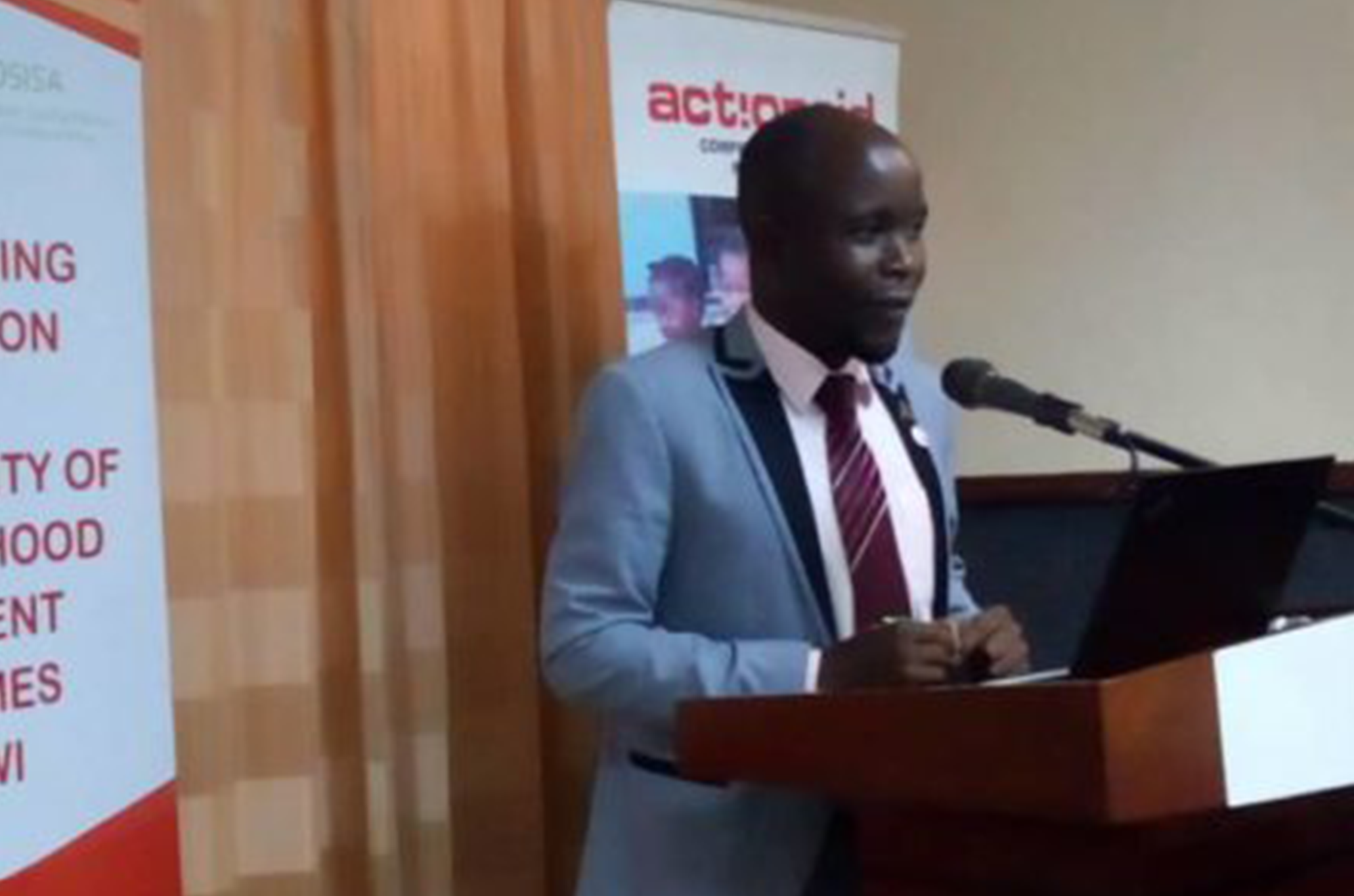
Coalition lobby MPs for increased funding to early childhood development
The Early Childhood Development (ECD) Coalition–a coordinating body for all ECD implementers and programs in Malawi–has appealed to Members of Parliament (MPs) to help lobby for government’s more financing to ECD for construction or improvement of Community Based Child Care (CBCC) centres and facilitation of training and remuneration of caregivers.
ECD coalition–which, among many other partners, comprises; ActionAid, World Vision, government departments and academicians–strengthens coordination and accountability of ECD so that it gets the support it deserves and registers meaningful impact.
The coalition’s call for government’s increased financing to ECD was made through its Board Chairperson Janet Kuyeli during an orientation meeting with MPs on ECD, which was held in the Capital Lilongwe.
The legislators, drawn mostly from the Parliamentary Committee on Social Welfare and Community Development, were oriented so that they understand ECD issues and amplify the call for increased funding to the sector.
ECD Coalition’s appeal comes amid worry that government has, in this financial year, maintained budgetary allocation for ECD at a meagre MK800 million against a proposed budget of MK14 billion.
The call also comes in the face of increased dilapidated and poorly resourced ECD structures and growing disillusionment among caregivers due to lack of incentives.
“The problem is caregivers are working as volunteers. It is sad that, as a country, we have entrusted such people to stimulate our children for free.
“In fact, most of these caregivers are not qualified. Studies have shown that half of them have the Primary School Living Certificate as their highest qualification. So we need to address all that by looking at the whole package in terms of accreditation, remuneration and incentives,” said Kuyeli.
Kuyeli added that it is, therefore, important for the MPs to join the advocacy for better ECD services, more especially the remuneration of caregivers.
“For as long as they continue working as volunteers, they have the right to decide anyhow whether to go to CBCCs to work or not. As a result, we should brace for more absenteeism and dropouts.
“This is bad for the future of our children and country. MPs should indeed help us by lobbying the Minister of Finance and other relevant authorities to look into these issues,” she said.
Director of Child Affairs in the Ministry of Gender, Community Development and Social Welfare, Mc Knight Kalanda, concurred with Kuyeli on the challenges ECD is facing, saying a lot of work really needs to be done to improve the sector.
In this regard, Kalanda disclosed that his department has initiated a number of programs that require significant financial support in order to make their impact in ECD services.
He cited, among others, the training of parents through Parent Education and Support and the School Readiness Initiative which aims at ensuring that children get the necessary stimulation before they go to start standard one.
And in his remarks, Chairperson of the Parliamentary Committee on Social Welfare and Community Development, Savel Kafwafwa, expressed his sadness over the state of affairs in the ECD sector, saying ECD is actually now only affordable to rich families as they are able to send their children to private nursery schools.
“We will ensure that ECD gets the attention and funding it deserves so that, as a country, we move fast towards the direction where all children would have access to ECD,” he said.
According to a presentation made during the meeting by Dr Khama Chibwana–an academician from Chancellor College, investment in ECD is vital as it encompasses all physical, social, emotional, cognitive, moral and spiritual developmental processes that occur from conception to age eight.
The presentation said ECD is actually the realization of the full potential of every child by providing all the care, support and protection that is necessary to achieve that goal.
